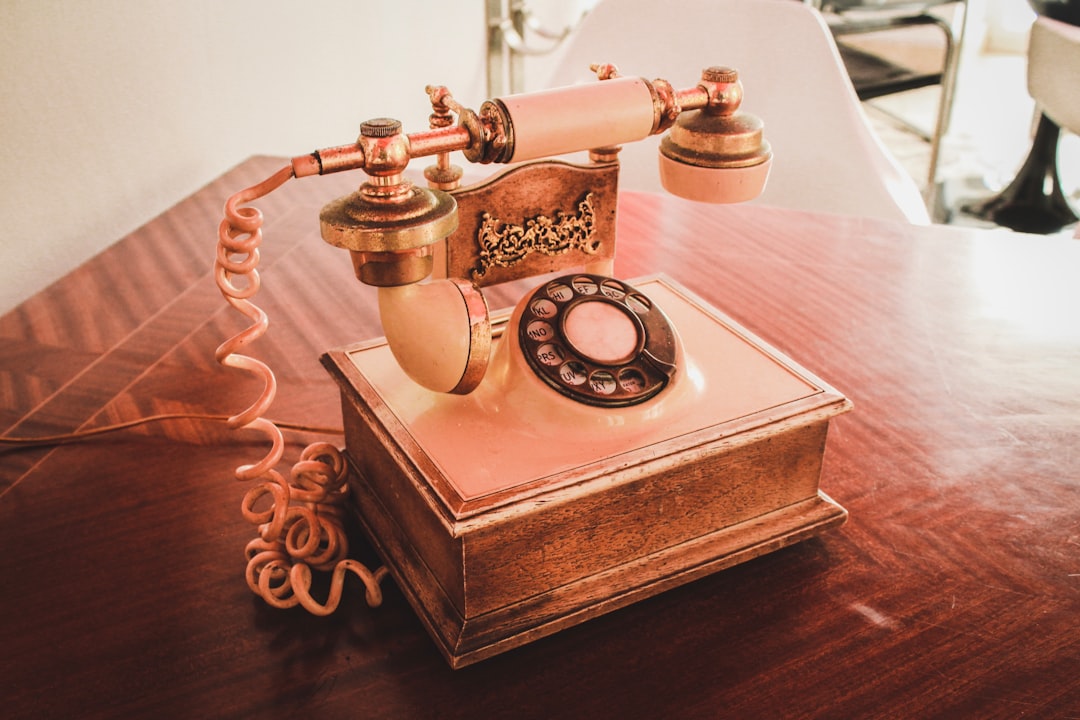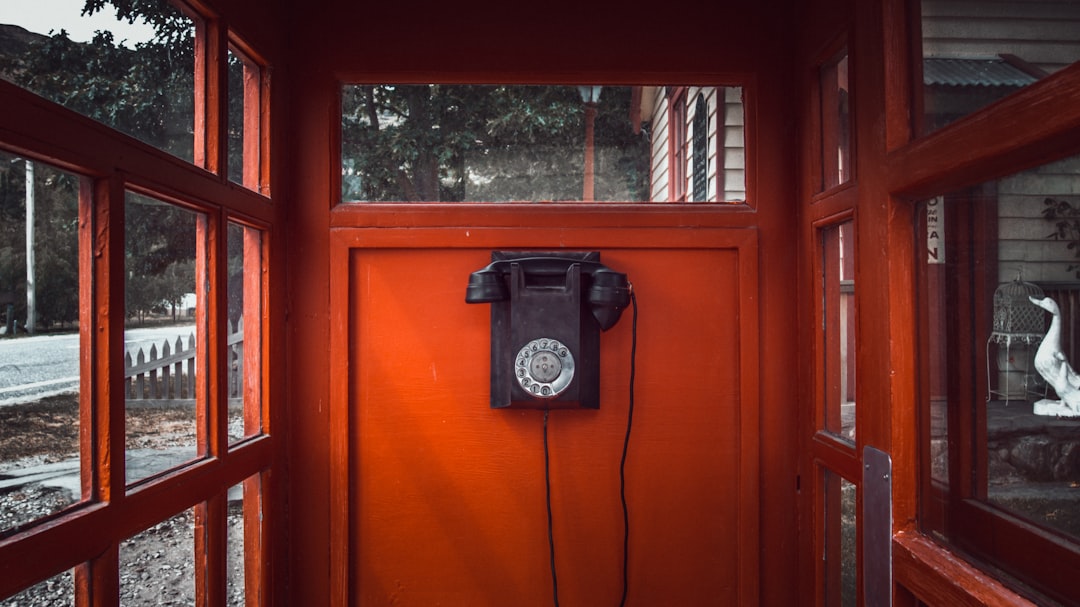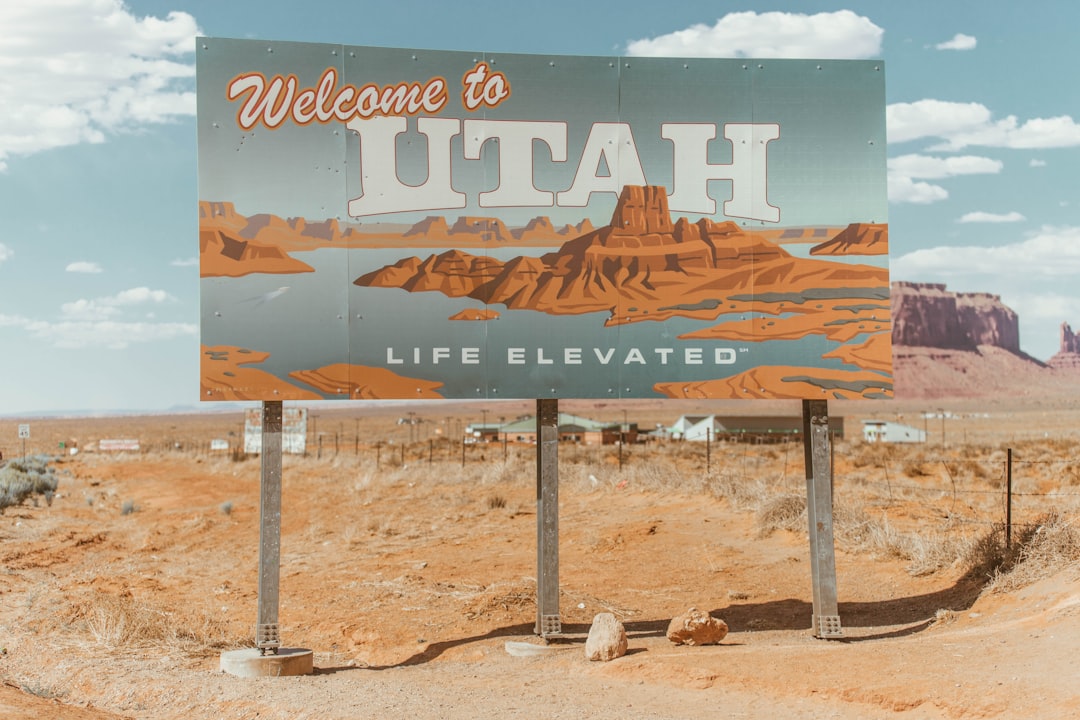Utah's consumer protection laws, combining federal TCPA regulations and state-specific rules, govern unwanted or deceptive sales calls, with key exemptions for political campaigns and charitable organizations. The "Do Not Call" Registry offers residents powerful protection, but primarily targets telephone solicitors—not businesses contacting existing clients. Businesses must adhere to strict guidelines, especially when seeking legal assistance from a Do Not Call Lawyer Utah, to avoid legal repercussions and foster transparency in telemarketing practices. Consumers are encouraged to register complaints with the Utah Attorney General's office for unwanted calls, reinforcing these protections.
In Utah, telemarketing laws can be complex and often misunderstood. This article clarifies common misconceptions surrounding these regulations, offering a comprehensive overview for both businesses and consumers. We debunk myths about do-not-call lists, consumer rights, and legal requirements, ensuring you’re well-informed in the ever-evolving landscape of telemarketing regulation. If you need guidance from a Do Not Call Lawyer Utah, this resource is your first step towards navigating these complexities with confidence.
Understanding Telemarketing Regulations in Utah: A Comprehensive Overview

In Utah, telemarketing regulations are governed by both state and federal laws, ensuring consumer protection from unwanted or deceptive sales calls. The Telephone Consumer Protection Act (TCPA) sets national standards for telemarketers, while Utah’s specific laws further refine these rules. One common misconception is that all telemarketing is prohibited without explicit consent, but this isn’t entirely true. Certain exceptions exist for non-commercial purposes, such as political campaigns or charitable organizations.
Another often-overlooked aspect is the do-not-call registry. Utah residents can register their phone numbers with the state to opt-out of most telemarketing calls. This powerful tool allows individuals to have more control over their communication preferences. Understanding these regulations is crucial for both consumers and businesses operating in Utah, especially those that engage in telemarketing activities, ensuring compliance and avoiding potential legal repercussions.
Debunking Common Misconceptions: Separating Fact from Fiction

Many businesses and individuals in Utah hold several misconceptions about telemarketing laws, often leading to confusion and concern. One widespread myth is that all telemarketing calls are illegal. This couldn’t be further from the truth! Many legitimate businesses, including those offering legal services, rely on telemarketing as a vital sales and marketing strategy. However, there are strict guidelines they must follow, such as obtaining prior consent from callers and providing an opt-out option at all times.
Another common misconception is that “Do not call” lists automatically exempt businesses from telemarketing regulations. The Do Not Call Registry is primarily for telephone solicitors, and it does not apply to companies contacting existing or previous customers. Businesses in Utah must respect individual preferences and privacy rights but can still engage in legal telemarketing practices by adhering to the state’s guidelines and ensuring compliance with federal rules.
Navigating Do Not Call Lists and Consumer Rights in Utah

In Utah, consumers have rights and protections when it comes to telemarketing calls, especially those on the state’s robust Do Not Call list. Many residents opt-in to this list, believing they’ll be left alone by salespeople and marketers. However, a common misconception is that only certain types of organizations are prohibited from calling; in reality, most businesses, including those based in Utah or operating within the state, must comply. This includes not calling numbers on the Do Not Call list without prior consent.
Knowing your rights is crucial for any Do Not Call Lawyer Utah to emphasize. Consumers should also be aware that they can register complaints with the Utah Attorney General’s office if they receive unwanted calls. This not only helps protect others but also reinforces the law’s enforcement. Understanding these nuances ensures both consumer rights are protected and businesses operate within the legal framework, fostering a fairer and more transparent telemarketing landscape in Utah.






